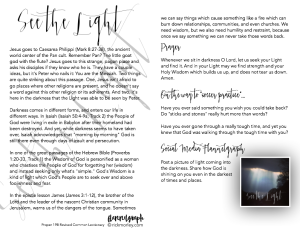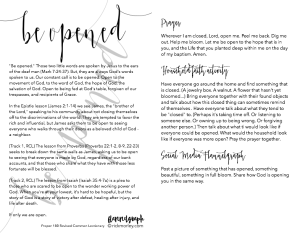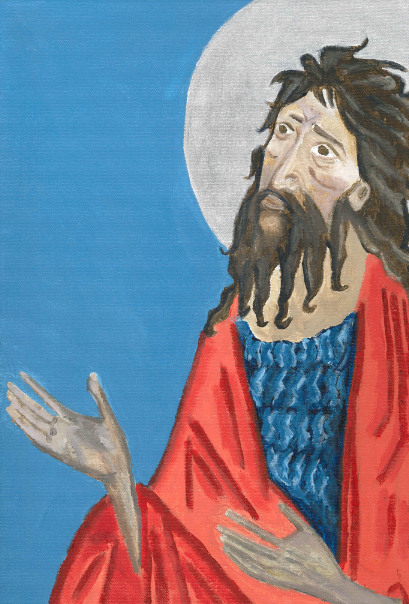After blogging the lectionary for years, I’m retooling this blog to be a resource for people in the pews. Each week I’ll provide a short piece on both tracks of the Old Testament Lessons, the New Testament Lesson, and the Gospel Lesson. Then I’ll offer some discussion questions and intergenerational challenges based on the lessons. It will be in blog form, so you could copy+paste into a bulletin, and in half-sheet PDF, so you could print and include as a bulletin insert. Feel free to use, amend, etc. — just please use simple attribution: (c) 2015, rickmorley.com
Jesus goes to Caesarea Philippi (Mark 8:27-38), the ancient world center of the Pan cult. Remember Pan? The little goat god with the flute? Jesus goes to this strange, pagan place and asks his disciples if they know who he is. They have a couple ideas, but it’s Peter who nails it: You are the Messiah. Two things are quite striking about this passage. One, Jesus isn’t afraid to go places where other religions are present, and he doesn’t say a word against this other religion or its adherents. And two, it’s here in the darkness that the Light was able to be seen by Peter.
Darkness comes in different forms, and enters our life in different ways. In Isaiah (Isaiah 50:4-9a, Track 2) the People of God were living in exile in Babylon after their homeland had been destroyed. And yet, while darkness seems to have taken over, Isaiah acknowledges that “morning by morning” God is still there even through days of insult and persecution.
In one of the great passages of the Hebrew Bible (Proverbs 1:20-33, Track 1) the Wisdom of God is personified as a woman who chastises the People of God for forgetting her (wisdom) and instead seeking only what’s “simple.” God’s Wisdom is a kind of light which God’s People are to seek over and above foolishness and fear.
In the epistle lesson James (James 3:1-12), the brother of the Lord and the leader of the nascent Christian community in Jerusalem, warns us of the dangers of the tongue. Sometimes we can say things which cause something like a fire which can burn down relationships, communities, and even churches. We need wisdom, but we also need humility and restraint, because once we say something we can never take those words back.
Prayer
Whenever we sit in darkness O Lord, let us seek your Light and find it. And in your Light may we find strength and your Holy Wisdom which builds us up, and does not tear us down. Amen.
On the way to “soccer practice”…
Have you ever said something you wish you could take back? Do “sticks and stones” really hurt more than words?
Have you ever gone through a really tough time, and yet you knew that God was walking through the tough time with you?
Social Media Flannelgraph
Post a picture of light coming into the darkness. Share how God is shining on you even in the darkest of times and places.


